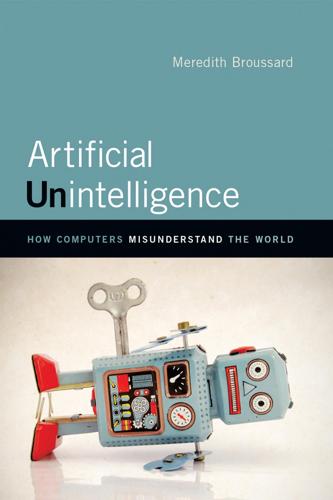
Artificial Unintelligence: How Computers Misunderstand the World
by
Meredith Broussard
Published 19 Apr 2018
My cable television service always malfunctions in a rainstorm, and a wireless drone is far more fragile. Is the tacocopter supposed to come to the window? The front door? How will it push the button in the elevator, or open a stairway door, or push an intercom bell? These are all mundane tasks that are easy for humans, but insanely difficult for computers. How might a tacocopter be co-opted to deliver other, less nutritious and legal substances? What would happen when it inevitably gets shot out of the sky by a freaked-out homeowner with a gun? Only a technochauvinist would imagine that a tacocopter is better than the human-based system that we have now.
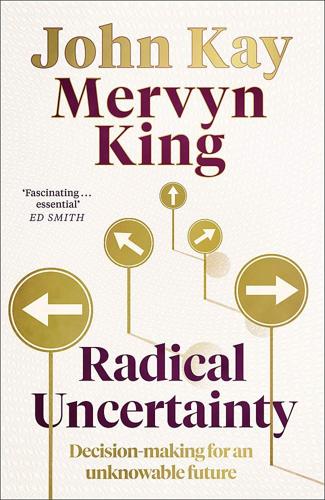
Radical Uncertainty: Decision-Making for an Unknowable Future
by
Mervyn King
and
John Kay
Published 5 Mar 2020
Axiomatic rationality is not evolutionary rationality, and critiques of the kind launched by behavioural economists fail to acknowledge the importance of the human ability to interpret problems in context, a skill which computers are still very far from achieving. Solving the CAPTCHA – the slightly distorted text which is set to distinguish humans from robots – is trivially easy for humans and difficult for a computer. And Google’s research in this area is, fortunately, devoted not to training robots to be more like humans, but to accumulating the knowledge from solved CAPTCHAs to enable computers to distinguish artificial intelligence from human intelligence even more effectively. So effectively, in fact, that your keystrokes give you away and it is now often enough to tick a box to confirm that ‘I am not a robot’.
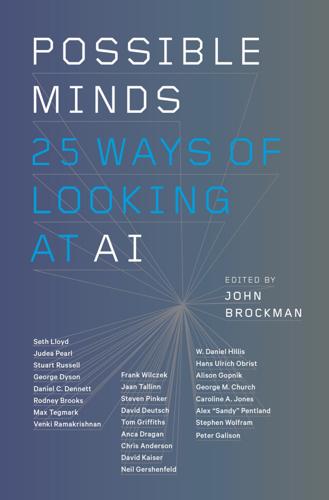
Possible Minds: Twenty-Five Ways of Looking at AI
by
John Brockman
Published 19 Feb 2019
The Bayesian techniques can help you choose which of two hypotheses is more likely, but there are almost always an enormous number of possible hypotheses, and no system can efficiently consider them all. How do you decide which hypotheses are worth testing in the first place? Brenden Lake at NYU and colleagues have used these kinds of top-down methods to solve another problem that’s easy for people but extremely difficult for computers: recognizing unfamiliar handwritten characters. Look at a character on a Japanese scroll. Even if you’ve never seen it before, you can probably tell if it’s similar to or different from a character on another Japanese scroll. You can probably draw it and even design a fake Japanese character based on the one you see—one that will look quite different from a Korean or Russian character.* The bottom-up method for recognizing handwritten characters is to give the computer thousands of examples of each one and let it pull out the salient features.
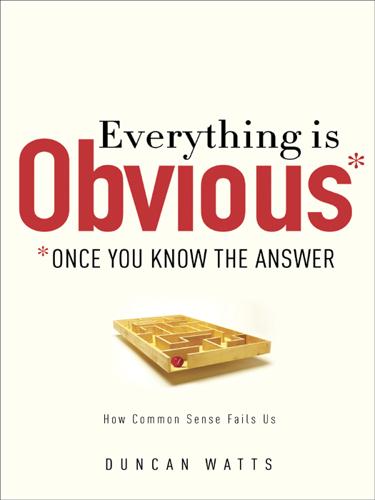
Everything Is Obvious: *Once You Know the Answer
by
Duncan J. Watts
Published 28 Mar 2011
Mechanical Turk is named for a ninteenth-century chess-playing automaton that was famous for having beaten Napoleon. The original Turk, of course, was a hoax—in reality there was a human inside making all the moves—and that’s exactly the point. The tasks that one typically finds on Mechanical Turk are there because they are relatively easy for humans to solve, but difficult for computers—a phenomenon that Amazon founder Jeff Bezos calls “artificial, artificial intelligence. See Howe (2006) for an early report on Amazon’s Mechanical Turk, and Pontin (2007) for Bezos’s coinage of “artificial, artificial intelligence.” See http://behind-the-enemy-lines.blogspot.com for additional information on Mechanical Turk. 22.
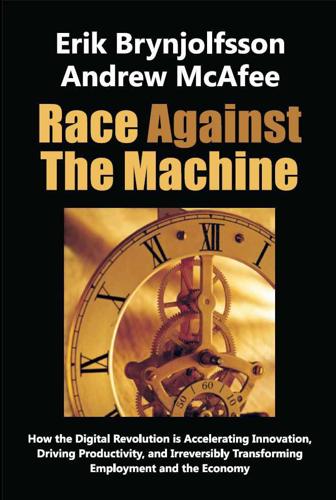
Race Against the Machine: How the Digital Revolution Is Accelerating Innovation, Driving Productivity, and Irreversibly Transforming Employment and the Economy
by
Erik Brynjolfsson
Published 23 Jan 2012
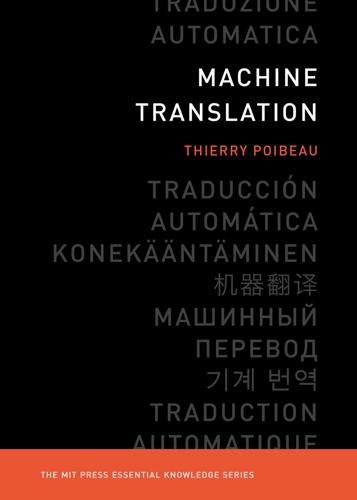
Machine Translation
by
Thierry Poibeau
Published 14 Sep 2017
What makes a translation a good translation? In the course of this chapter, we will see that these questions are hard to answer and have already given rise to an abundant literature. In the second part of this chapter, we will investigate why understanding a sentence—something that is easy and natural for humans—is one of the most difficult things to do with computers, despite their incredible calculation power. What Does It Mean to Translate? The answer to this question may seem obvious: to translate is to transpose a source-language text into a target-language text. However, one can easily see that this deceptively simple answer refers in fact to a dramatically complex problem.
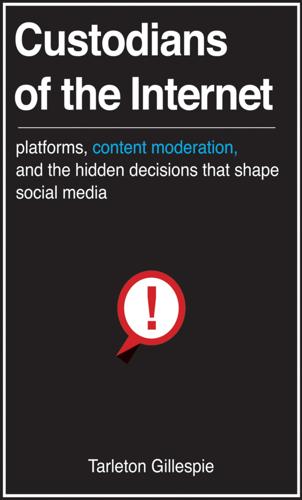
Custodians of the Internet: Platforms, Content Moderation, and the Hidden Decisions That Shape Social Media
by
Tarleton Gillespie
Published 25 Jun 2018
But significant hurdles remain. Machine-learning algorithms for spotting pornography can identify telltale skin tones in the color spectrum of the image itself. Large patches of an image that are uninterrupted skin tones might very well be a naked body. This recognition, extremely easy for a human, is quite difficult for an algorithm. The computer understands an image only as a series of pixels, each with a color. But an algorithm can be trained, using a very large database of images, to recognize areas of human skin color, if they have already been labeled as such.86 The algorithm “learns” to assign different weights to different color pixels based on their likelihood of having been identified as “skin” in the training data.
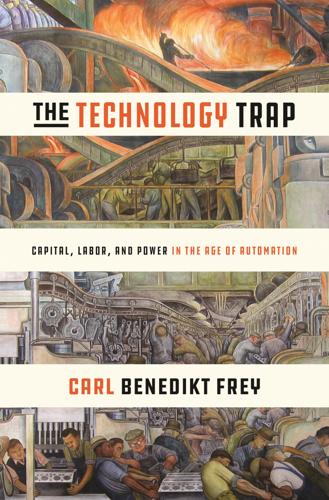
The Technology Trap: Capital, Labor, and Power in the Age of Automation
by
Carl Benedikt Frey
Published 17 Jun 2019
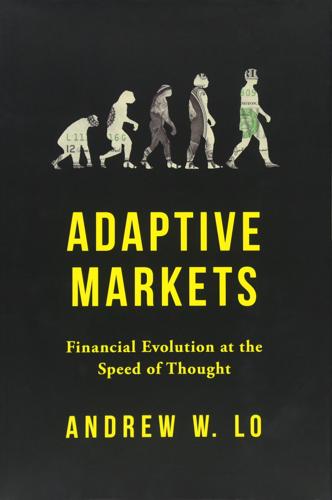
Adaptive Markets: Financial Evolution at the Speed of Thought
by
Andrew W. Lo
Published 3 Apr 2017

Protocol: how control exists after decentralization
by
Alexander R. Galloway
Published 1 Apr 2004
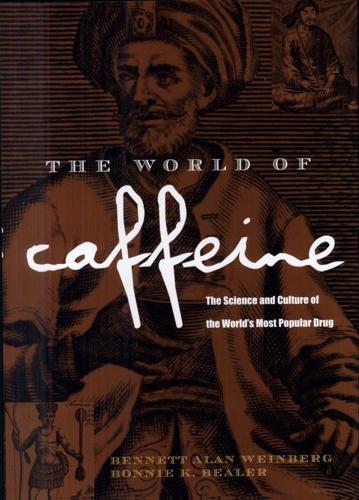
The World of Caffeine: The Science and Culture of the World's Most Popular Drug
by
Bennett Alan Weinberg
and
Bonnie K. Bealer
Published 5 Dec 2000
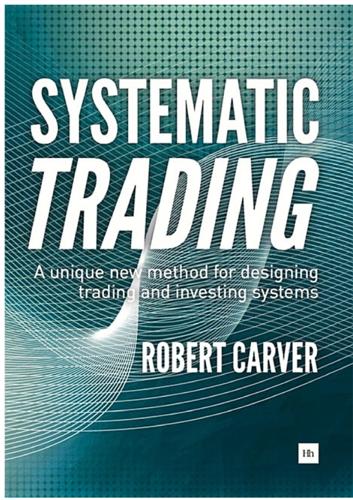
Systematic Trading: A Unique New Method for Designing Trading and Investing Systems
by
Robert Carver
Published 13 Sep 2015
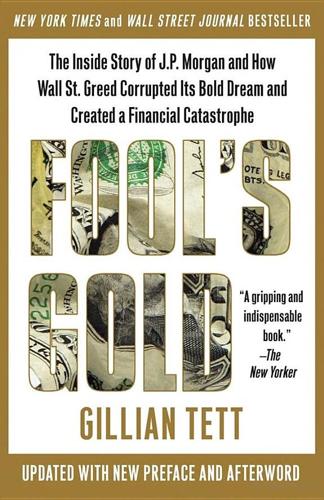
Fool's Gold: How the Bold Dream of a Small Tribe at J.P. Morgan Was Corrupted by Wall Street Greed and Unleashed a Catastrophe
by
Gillian Tett
Published 11 May 2009
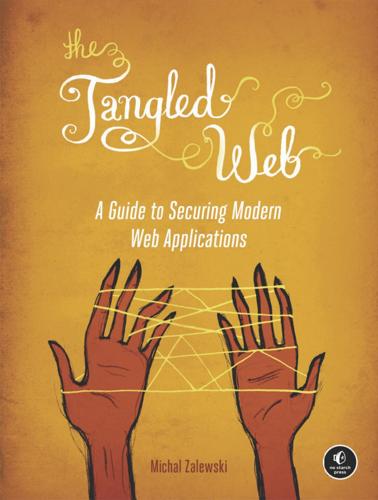
The Tangled Web: A Guide to Securing Modern Web Applications
by
Michal Zalewski
Published 26 Nov 2011
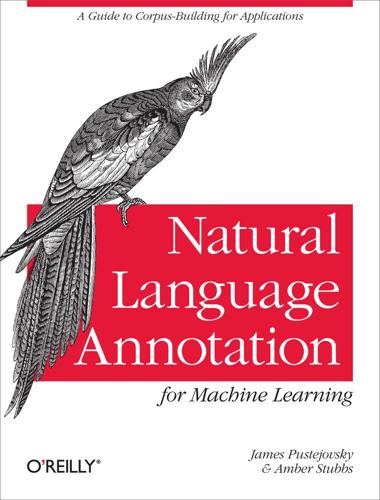
Natural Language Annotation for Machine Learning
by
James Pustejovsky
and
Amber Stubbs
Published 14 Oct 2012
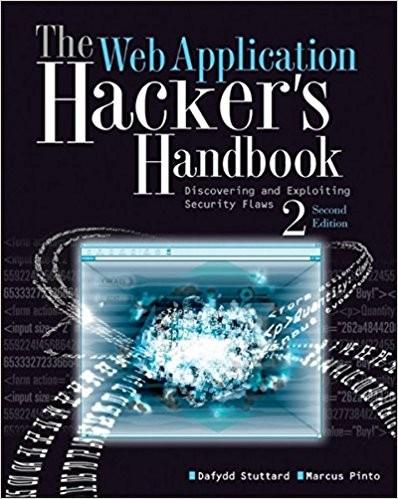
The Web Application Hacker's Handbook: Finding and Exploiting Security Flaws
by
Dafydd Stuttard
and
Marcus Pinto
Published 30 Sep 2007
These tests normally take the form of a puzzle containing a distorted-looking word, which the user must read and enter into a field on the form being submitted. Puzzles may also involve recognition of particular animals and plants, orientation of images, and so on. CAPTCHA puzzles are intended to be easy for a human to solve but difficult for a computer. Because of the monetary value to spammers of circumventing these controls, an arms race has occurred in which typical CAPTCHA puzzles have become increasingly difficult for a human to solve, as shown in Figure 14-17. As the CAPTCHA-solving capabilities of humans and computers converge, it is likely that these puzzles will become increasingly ineffective as a defense against spam, and they may be abandoned.
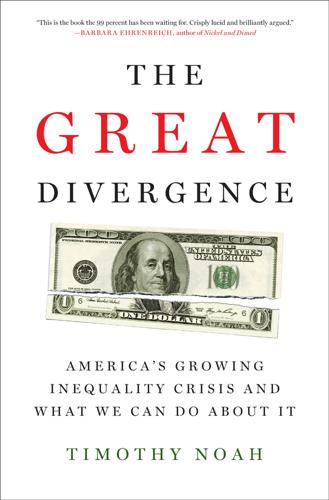
The Great Divergence: America's Growing Inequality Crisis and What We Can Do About It
by
Timothy Noah
Published 23 Apr 2012
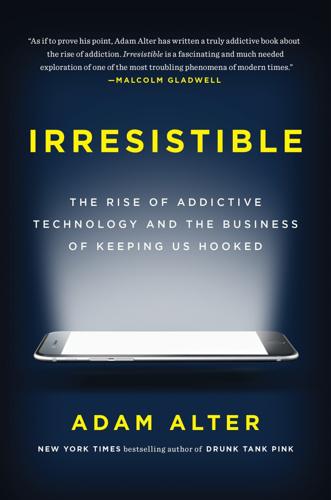
Irresistible: The Rise of Addictive Technology and the Business of Keeping Us Hooked
by
Adam L. Alter
Published 15 Feb 2017
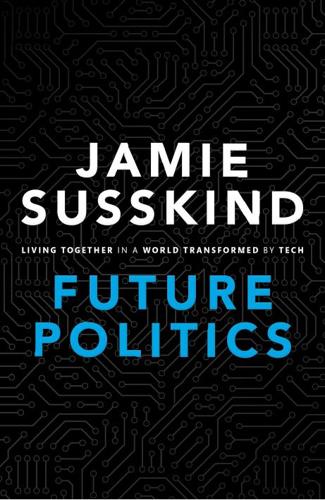
Future Politics: Living Together in a World Transformed by Tech
by
Jamie Susskind
Published 3 Sep 2018
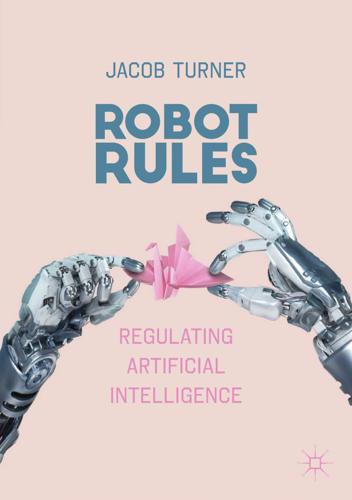
Robot Rules: Regulating Artificial Intelligence
by
Jacob Turner
Published 29 Oct 2018

Project Hail Mary
by
Andy Weir
Published 15 May 2021

Arriving Today: From Factory to Front Door -- Why Everything Has Changed About How and What We Buy
by
Christopher Mims
Published 13 Sep 2021
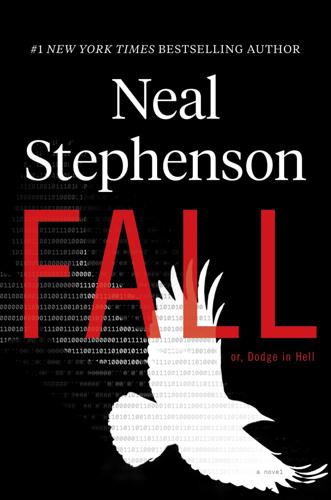
Fall; Or, Dodge in Hell
by
Neal Stephenson
Published 3 Jun 2019
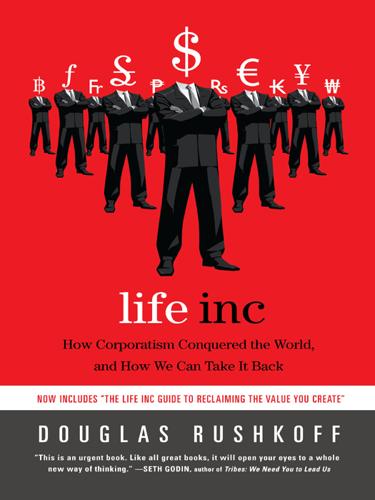
Life Inc.: How the World Became a Corporation and How to Take It Back
by
Douglas Rushkoff
Published 1 Jun 2009